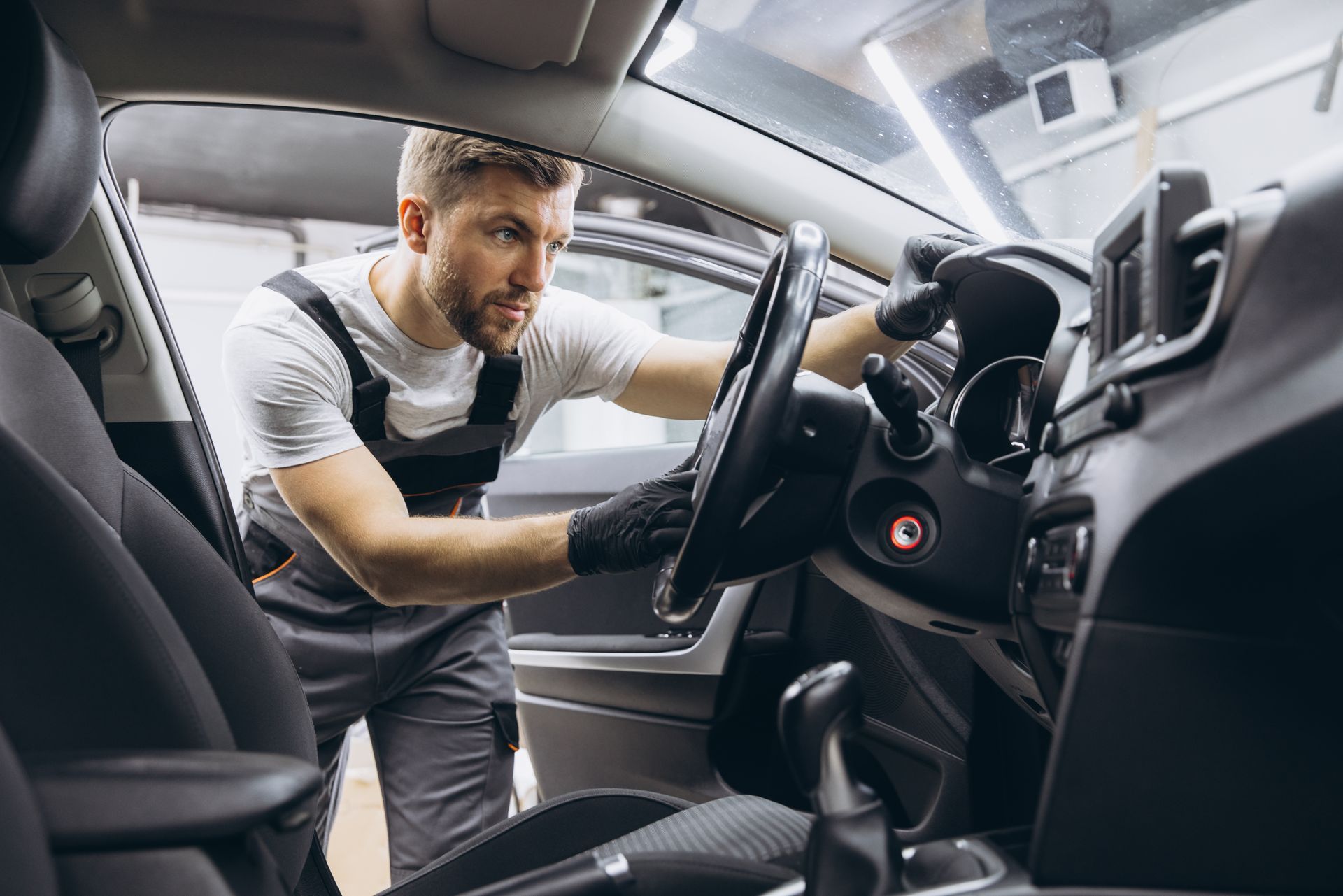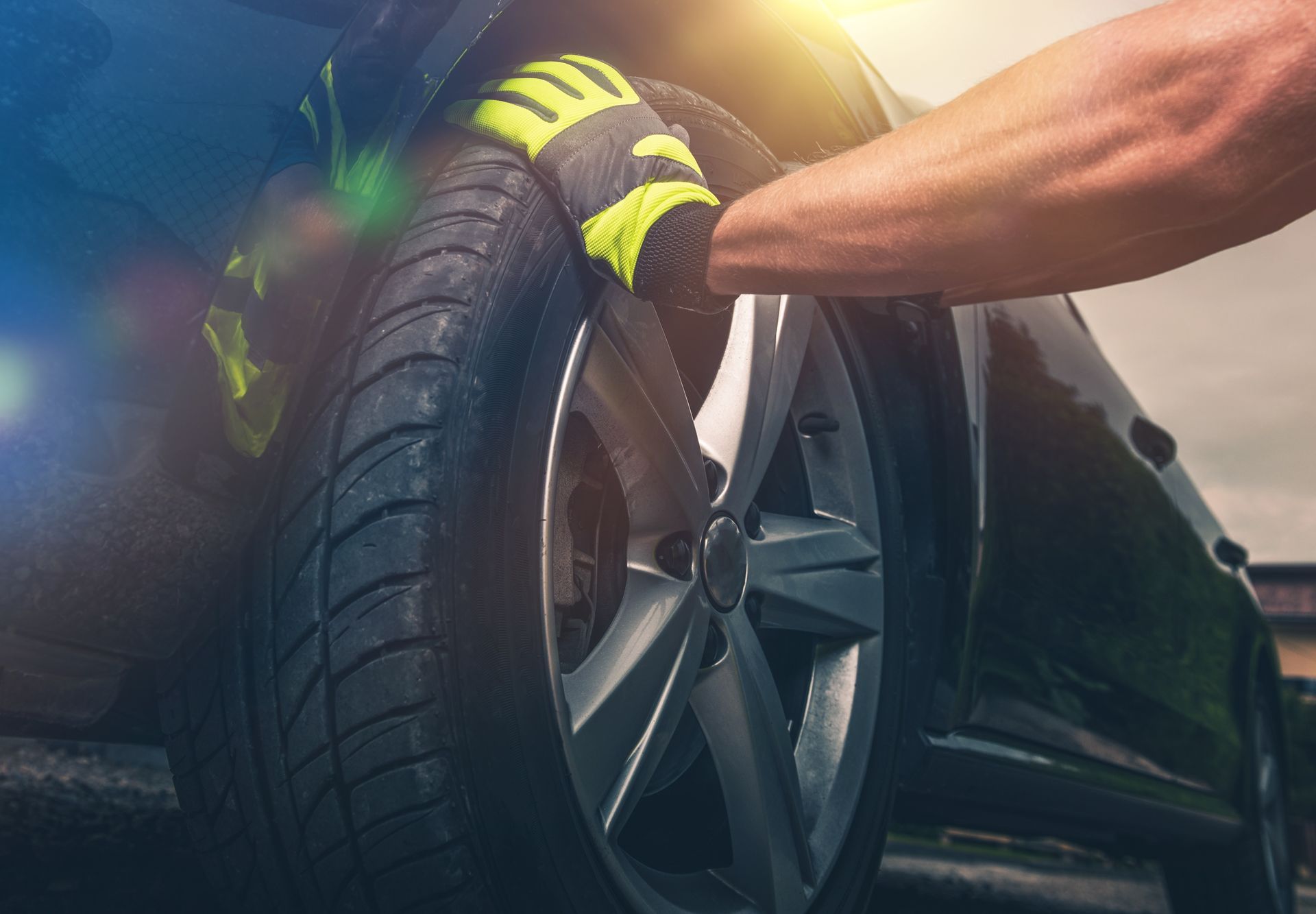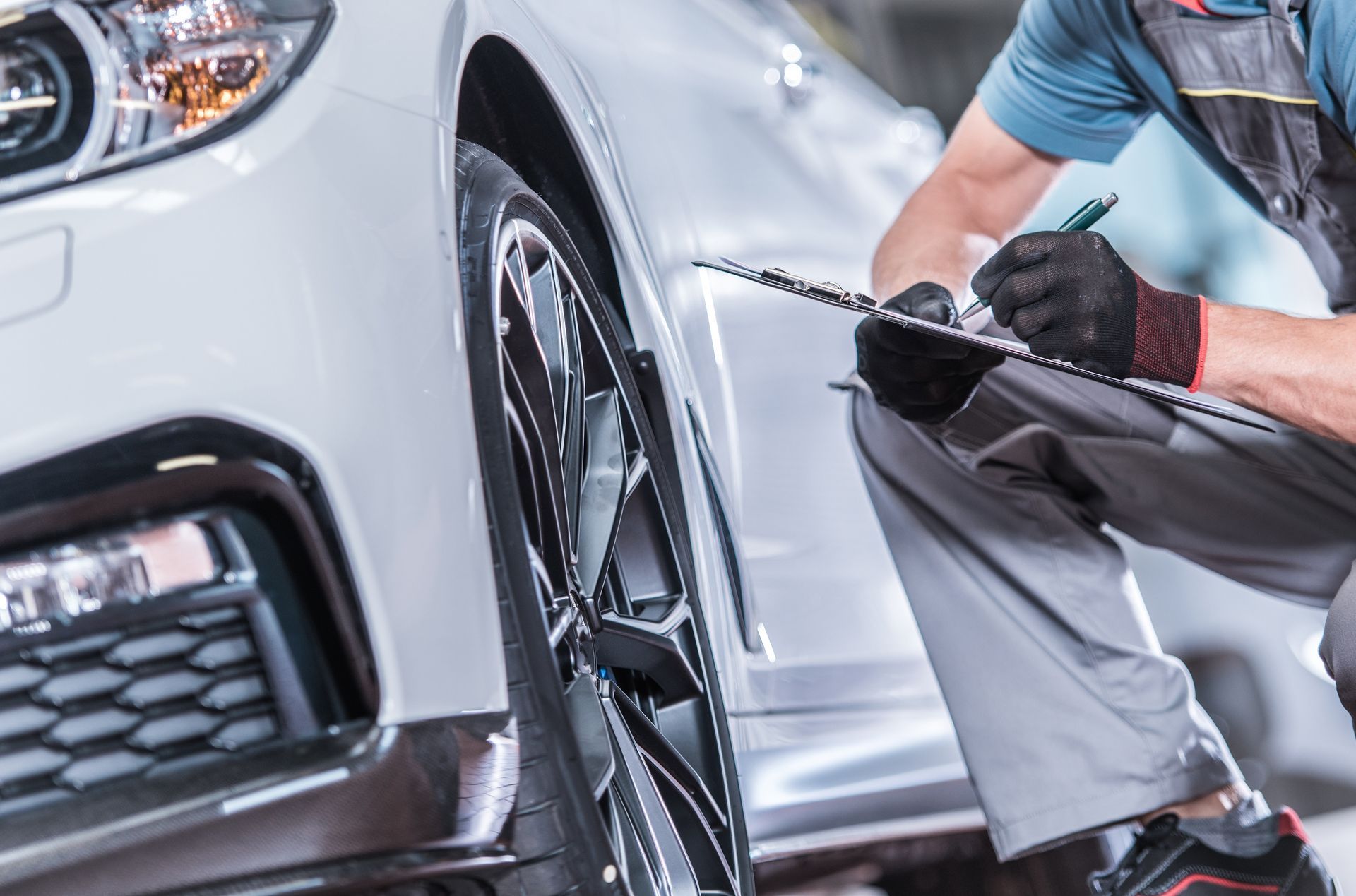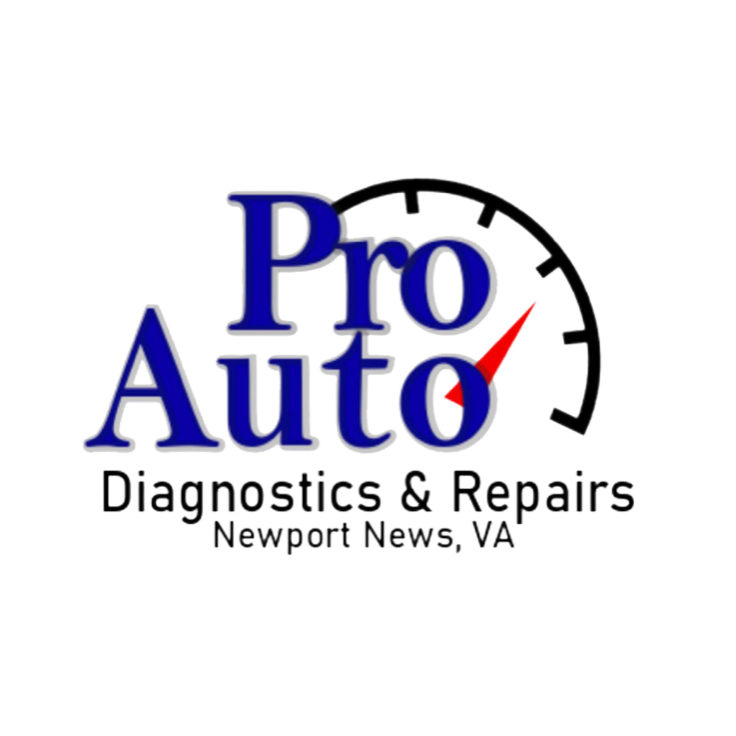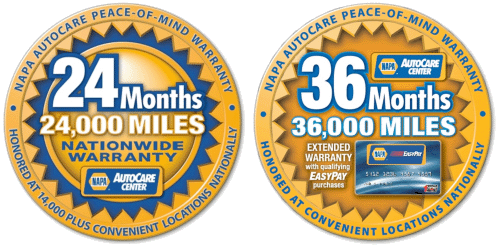Auto Repair: A Blog about BRAKES
How to know when you need to have your brakes checked.
Hi, everyone! ASE Master Technician Michael Leech here. Today, I’m going to review the automotive brake system, how it works, and when you need to know when your car’s brake system needs repairs or maintenance! The base brakes are often regarded as “simple” but the system does have some nuance that requires technical knowledge to get it right the first time, every time. Remember, “Amateurs practice until they get it right, professionals practice until they never get it wrong”- Harold Craxton.
Overview
The automotive brake system is arguably the most important system on your vehicle. The penalties associated with crashing carry expenses that can dwarf any costs you imagine. The medical bills alone, to say nothing of the possible loss of life, have costs that are almost unimaginable. I quote the great Joe Scarbrough, winner of hundreds of races, “the brake system is the fastest way to modify the vehicles travel”. This system should be inspected by a qualified professional ONCE A YEAR!
As I like to say, the brake system is basically a bunch of pieces of metal rubbing against each other. From Physics 101 we know energy can be neither created nor destroyed. We transfer the car’s kinetic energy to thermal energy through friction. This WILL result in noises and vibrations.
The vast majority of automotive brake systems on the road today are disc brake systems. These steel rotors (discs) are sandwiched between the hub and the wheel and turn at the same speed as the wheel. The caliper, which is the workhorse of the brakes is a hydraulic clamp mounted to a fixed point on the suspension. The pads keep the rotor from damaging the caliper, and provide the correct level of friction- not too much, not too little. To stop, hydraulic pressure from the brake master cylinder (created by your foot on the pedal) pushes inside the caliper which squeezes the rotor with the pads and slows it down.
Brake Noises
Brakes always make noise, generally though, the noises are at a pitch above what the human ear can hear. This is why brakes frequently make super high pitched noises when there is a friction issue or debris problem, such as dust. The other common noise you hear from brakes is caused by the “squealer” or “pad wear indicator”. This can be a high pitched scratching squeal at low speeds or a loud “screeeee” when lightly applying the brakes. No matter what, you need to know that when your brakes make noises, it is time to get them checked.
Good, Good, Good, Good Vibrations
Another common issue is brake pedal pulsations. The sensation is that the brake pedal is “pushing back” or “vibrating” against your foot while you are pressing it. A pedal that slowly and rhythmically pulses while stopping is often caused by “Brake Rotor Thickness Variation” also known as “Warped Rotors”. This is frequently caused by pad material building up on the surface of the rotor and creating a high spot. This high spot hits the caliper piston once per wheel revolution and shoves it back it. This creates fluctuations in fluid pressure that you feel in your foot. Once again, this means it is time for brake check,
You’ve been Warned!
Our brake systems primarily rely on two or three warning lights. Refer to your owners manual for your specific vehicle for exact information. The main, and most concerning light is the RED warning lamp, that usually says “BRAKE” in red letters. This light should turn on for a bulb check (with the yellow ABS light if equipped) at startup and then remain off. The red brake light can mean that fluid is low, system pressure is low, the parking brake is on, or that there is another significant brake system malfunction. See your repair shop immediately. The yellow ABS light is concerning but not as much of an emergency. This lamp means that the Anti-Lock brakes have a fault, generally this is a sensor failure and is less urgent that a RED brake light. Troubleshooting the ABS system requires an educated technician and factory specific scan tools. Do not replace parts based on trouble codes alone!
The All-Important Fluid
Automotive brake systems use hydraulic fluid to do the work. This fluid is a propylene glycol fluid, and the ethanol in the fluid means the fluid is “hygroscopic” or will absorb moisture from the air. This characteristic prevents rust inside the metal components of the brake system, but means the fluid needs to be periodically changed. The advantage of a hydraulic system is that it is excellent at transmitting force from one point to another with low friction losses. Cars also use a “brake booster” to further increase the amount of pressure you can create with your foot pressing the pedal. Your brake fluid should be changed every 2-4 years, depending on the manufacturers recommendations. We use only full synthetic DOT 4 fluid in our brake flushes, which is a much better fluid for protecting you from temperature related brake fade and ABS problems than DOT 3. Dot 4 also absorbs less water from the atmosphere than DOT 3.
A final note about your brake system is that you will sometimes feel a “pull” from your brakes. In short when you press the pedal you’ll feel your vehicle try to change direction, requiring you to turn the wheel to keep it straight or on the correct path. This is usually caused by a damaged hose or caliper. Once again, this is an urgent situation, and should be checked immediately.
Low, soft brake pedal is another concern. This is when your brake pedal doesn’t have that nice firm feel to it, or travels all the way to the floor when you press it. This indicates a severe problem that has likely reduced your stopping distance. In many cases it is best to tow the vehicle in to be safe.
That’s enough for one post, so I want to leave you (and the TLDR folks) with the final summary. Have your brakes checked once a year, or when you hear noises, feel vibrations or see warning lights! Drive happy!
Michael
